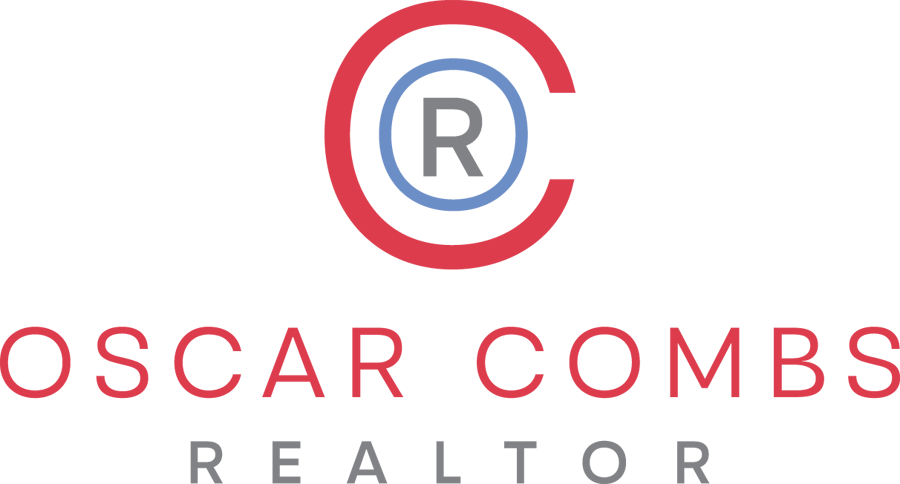
What to Expect While Closing on A House
You’ve toured countless homes, navigated tricky negotiations, and locked in your mortgage— congratulations, you’re almost there. After all the hard work, you’ve finally reached the final phase of the home-buying journey: closing. While it may feel like the finish line is in sight, the closing process is one of the most important (and often misunderstood) steps in making your dream home officially yours.
Closing is when the deal becomes legally binding and ownership is transferred. It’s the day when documents are signed, keys are handed over, and all loose ends are tied up. But it’s also a day that can bring unexpected delays if you’re not prepared. In this article, we’ll walk you through what to expect during the closing process— so you can approach the big day with confidence and clarity.
Steps of the Closing Process
Preparations
Before closing, one of the most important steps is reviewing your Closing Disclosure. If you’re using a mortgage, this document outlines your loan terms, interest rate, monthly payments, and closing costs— typically 2% to 7% of the purchase price. Compare it to the initial estimate your lender provided and ask about any differences. Understanding this document helps ensure there are no financial surprises on closing day.
Thanks to TRID (TILA-RESPA Integrated Disclosure) regulations, lenders must provide your Closing Disclosure at least three business days before closing. This gives you time to carefully review the numbers, ask questions, and feel confident about the terms, which wasn’t always possible before the 2015 rule change.
Don’t forget your final walk-through, usually 24 hours before closing. Make sure the home is in the agreed-upon condition and that any repairs the seller promised have been completed. If something’s wrong, notify the seller immediately. You may be able to delay the closing until the issue is resolved, protecting your investment before the deal becomes final.
Bring Necessary Items
When heading to your closing appointment, come prepared with all required paperwork. This includes proof of homeowners insurance, a copy of your purchase agreement, home inspection reports, any documents your lender required, and a government-issued photo ID. It’s important that the name on your ID matches the name that will appear on your mortgage and property title; this is especially relevant if you’ve recently changed your name.
You’ll also need to bring your down payment and funds for closing costs, as outlined in your Closing Disclosure. Since personal checks usually aren’t accepted for large sums, check with your lender or title company ahead of time to find out whether to bring a cashier’s check or wire the funds. It’s also a good idea to bring your personal checkbook just in case any last-minute, smaller fees arise at the closing table.
Navigating The Closing
At the closing table, expect a few key players to join you depending on your state’s requirements. Typically, you’ll see the home seller, both real estate agents, attorneys representing each side, a title company representative, and possibly someone from your lender’s office. This meeting can take place at a title company, attorney’s office, or even remotely in some cases. While the process is usually smooth, it’s wise to anticipate small hiccups (like a delayed arrival, a missing document, or a minor error in the paperwork).
One essential part of the closing is title clearance. Before ownership can officially transfer to you, a title search is conducted to confirm there are no outstanding liens or ownership disputes on the property. Once cleared, you’ll move on to signing a substantial stack of legal documents: loan agreements, title forms, disclosures, and more. It may feel overwhelming, but each signature brings you closer to holding the keys.
While delays and small surprises can happen, most closings proceed without major issues. Give yourself plenty of time and approach the process with patience. If all goes as planned, you’ll leave with your paperwork, a new set of keys, and a home to call your own.
Conclusion: Prepare & Close Like A Pro
The closing process marks a major milestone in your home-buying journey—and with the right preparation, it doesn’t have to be intimidating. By reviewing your documents carefully, doing a thorough final walk-through, and showing up with everything you need, you can avoid common pitfalls and ensure a smooth transfer of ownership. Understanding what to expect ahead of time empowers you to navigate the final step with clarity and confidence.
Working with a knowledgeable real estate agent can make all the difference during closing. A good agent helps coordinate communication between parties, catches potential issues early, and ensures you stay on track with key deadlines. With their guidance and your preparation, you’ll be ready to sign the final documents, grab your keys, and officially start your next chapter as a homeowner.
At Oscar Combs Realtor, we’ll assist you with finding the perfect house, scheduling tours, and we’ll handle the closing process. Contact us today to begin the search for your dream home.




